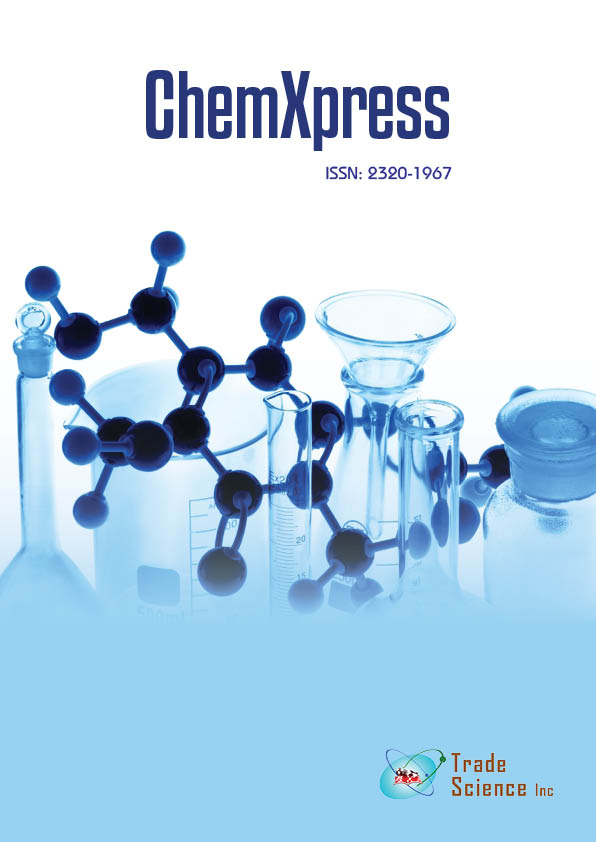अमूर्त
Sol-gel synthesis of TiO2 nanoparticles with different surfactants and their photocatalytic activity
Ammar Elsanousi, H.M.H.Fadlalla, Jun Zhang, Feng-Jun Shi, Xiaoxia Ding, Zhixin Huang, Chengcun Tang
Titania nanoparticles were synthesized by sol-gel technique with and without the addition of surfactant. Two types of surfactants were used as particle size inhibitors: Cetyltrimethylammonium bromide (CTAB) and polyvinylpyrolidone (PVP). The samples were characterized and their photocatalytic activity was measured and compared to Degussa P-25 nanopowder. Results showed that the prepared nanoparticles show different particle size, particle size distribution and phase composition. Samples prepared by using CTAB as surfactant reveal pure anatase phase structure with uniformsize distribution of about 13 nm, while samples prepared without the introduction of surfactant and those prepared by using PVP expose a bi-phase structure with different rutile concentration and particle size distribution. The highest degradation efficiency was obtained by the photocatalyst prepared with PVP as surfactant; while the lowest degradation efficiency was obtained by the photocatalyst prepared using CTAB. The biphase powders show higher degradation efficiency compared to pure anatase phase powders, probably due to a synergetic effect between anatase and rutile powders, which enhances the electron-hole separation and thus increases the photocatalytic activity.
